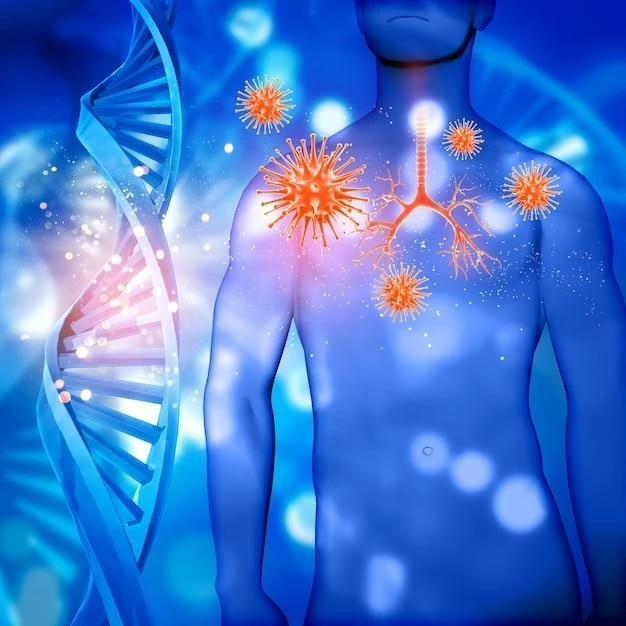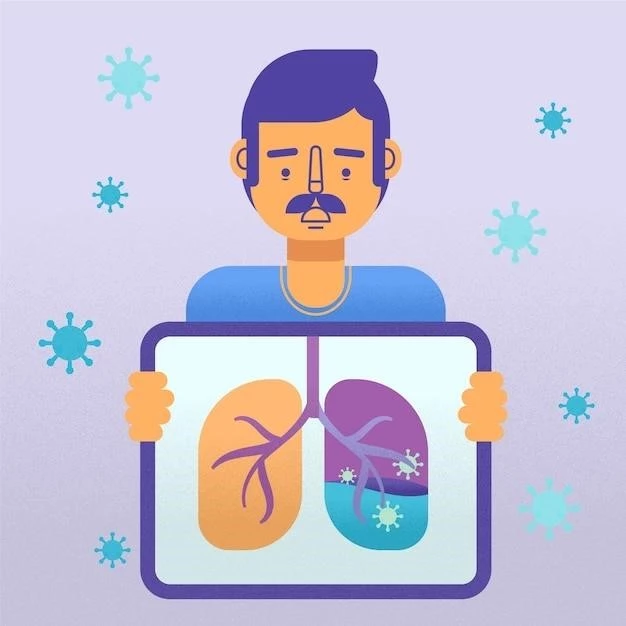Causes of Complex 1 Mitochondrial Respiratory Chain Deficiency
Causes of Complex 1 Mitochondrial Respiratory Chain Deficiency
- Genetic mutations play a key role in causing this deficiency.
- Environmental factors may also contribute to the development.
Genetic Mutations
Genetic mutations are primary causes of Complex 1 Mitochondrial Respiratory Chain Deficiency. Mutations in genes responsible for encoding proteins in the electron transport chain can disrupt energy production. Understanding your genetic profile through genetic testing can provide valuable insights for personalized treatment plans. Consult with a genetics specialist to discuss your specific genetic mutations and their implications for your condition.
Symptoms and Diagnosis of Complex 1 Mitochondrial Respiratory Chain Deficiency
Symptoms and Diagnosis
Common Symptoms
Common symptoms of Complex 1 Mitochondrial Respiratory Chain Deficiency may include muscle weakness, fatigue, developmental delays, vision problems, and movement disorders. If you experience any of these symptoms, seek prompt medical evaluation for a proper diagnosis. Keep a detailed symptom diary to aid in the diagnostic process and facilitate discussions with healthcare providers regarding potential treatment options.
Diagnostic Procedures
Diagnostic procedures for Complex 1 Mitochondrial Respiratory Chain Deficiency may involve blood tests, muscle biopsies, imaging studies, and genetic testing. These tests can help healthcare providers assess mitochondrial function, identify any genetic mutations, and determine the extent of mitochondrial dysfunction. It is crucial to collaborate closely with a specialized healthcare team to ensure accurate diagnosis and appropriate management strategies tailored to your individual needs.
Treatment Options for Complex 1 Mitochondrial Respiratory Chain Deficiency
Treatment Options
Medication
Medication for Complex 1 Mitochondrial Respiratory Chain Deficiency aims to manage symptoms and improve energy production. Treatment may include mitochondrial-targeted antioxidants, coenzyme Q10 supplements, and medications to address specific symptoms like movement disorders. It is essential to work closely with a healthcare provider to determine the most appropriate medication regimen tailored to your individual needs and monitor for any potential side effects.
Lifestyle Changes
Lifestyle changes can positively impact Complex 1 Mitochondrial Respiratory Chain Deficiency management. Prioritize a nutrient-rich diet with antioxidants, coenzyme Q10, and B vitamins. Regular physical activity tailored to your abilities can help improve muscle function and overall well-being. Adequate rest and stress management are crucial for optimizing mitochondrial function. Consulting with a healthcare provider and a nutritionist can guide you in implementing these lifestyle changes effectively.
Research Advances in Complex 1 Mitochondrial Respiratory Chain Deficiency
Research Advances
Current Studies
Current studies on Complex 1 Mitochondrial Respiratory Chain Deficiency focus on developing targeted therapies to improve mitochondrial function, investigating genetic modifiers influencing disease progression, and exploring novel diagnostic tools. Participating in clinical trials can provide access to cutting-edge treatments and contribute to advancing scientific knowledge in this field. Stay informed about ongoing research efforts and consider discussing potential study participation with your healthcare team to explore innovative treatment options.
Prognosis and Long-Term Outlook for Complex 1 Mitochondrial Respiratory Chain Deficiency
Prognosis and Outlook
Impact on Quality of Life
Complex 1 Mitochondrial Respiratory Chain Deficiency can significantly impact quality of life due to potential symptoms like muscle weakness, fatigue, and neurological problems. It is essential to work closely with healthcare providers to manage symptoms effectively and maintain a positive outlook. Implementing lifestyle modifications, seeking emotional support, and staying informed about research advancements can help enhance your quality of life while managing this condition.
Managing Expectations
When facing Complex 1 Mitochondrial Respiratory Chain Deficiency, it is crucial to manage expectations regarding treatment outcomes and disease progression. Understand that the condition may require long-term management, and responses to treatments can vary among individuals. Stay informed about available support resources, stay proactive in your care, and communicate openly with your healthcare team to set realistic goals and navigate the challenges that may arise along the way.
Genetic Factors in Complex 1 Mitochondrial Respiratory Chain Deficiency
Genetic Factors
Inheritance Patterns
Understanding inheritance patterns of Complex 1 Mitochondrial Respiratory Chain Deficiency is crucial for family planning and genetic counseling. This condition can be inherited in various ways, including autosomal recessive or mitochondrial DNA mutations. Genetic testing can help identify the specific inheritance pattern in your family, providing valuable information for making informed decisions and determining the risk of passing the condition on to future generations. Consult with a genetic counselor to explore these inheritance patterns further.

Lifestyle Management for Complex 1 Mitochondrial Respiratory Chain Deficiency
Lifestyle Management
Diet and Nutrition
Diet and nutrition play a vital role in managing Complex 1 Mitochondrial Respiratory Chain Deficiency. A balanced diet rich in antioxidants, vitamins, and minerals can support mitochondrial function and overall health. Focus on consuming plenty of fruits, vegetables, whole grains, lean proteins, and healthy fats. Consider working with a nutritionist to create a personalized dietary plan that meets your specific nutritional needs and promotes optimal energy production. Staying hydrated and avoiding processed foods can also benefit your well-being.
Exercise and Physical Activity
Exercise and physical activity are essential for managing Complex 1 Mitochondrial Respiratory Chain Deficiency. Tailored exercise programs focusing on endurance, strength, and flexibility can help improve muscle function, enhance cardiovascular health, and boost overall well-being. Engage in low-impact activities such as walking, swimming, or gentle yoga to promote circulation and maintain mobility. Work with a physical therapist to develop a personalized exercise regimen that considers your specific needs and abilities, ensuring safe and effective participation in physical activities.
Support Resources for Individuals with Complex 1 Mitochondrial Respiratory Chain Deficiency
Support Resources
Patient Organizations
Joining patient organizations focused on Complex 1 Mitochondrial Respiratory Chain Deficiency can provide valuable support, education, and community engagement. These organizations offer resources such as informational materials, support groups, and advocacy initiatives to help individuals and families navigate the challenges of living with this condition. By connecting with others who share similar experiences, you can access a network of understanding, get emotional support, and stay informed about the latest developments in research and treatments.
Counseling Services
Seeking counseling services can provide emotional support and coping strategies for individuals and families affected by Complex 1 Mitochondrial Respiratory Chain Deficiency. Professional counselors and mental health professionals can help address the psychological impact of the condition, manage stress, and navigate feelings of anxiety or depression that may arise. Through counseling, you can develop resilience, enhance coping mechanisms, and improve overall well-being while facing the challenges associated with the condition. Don’t hesitate to reach out for support.
